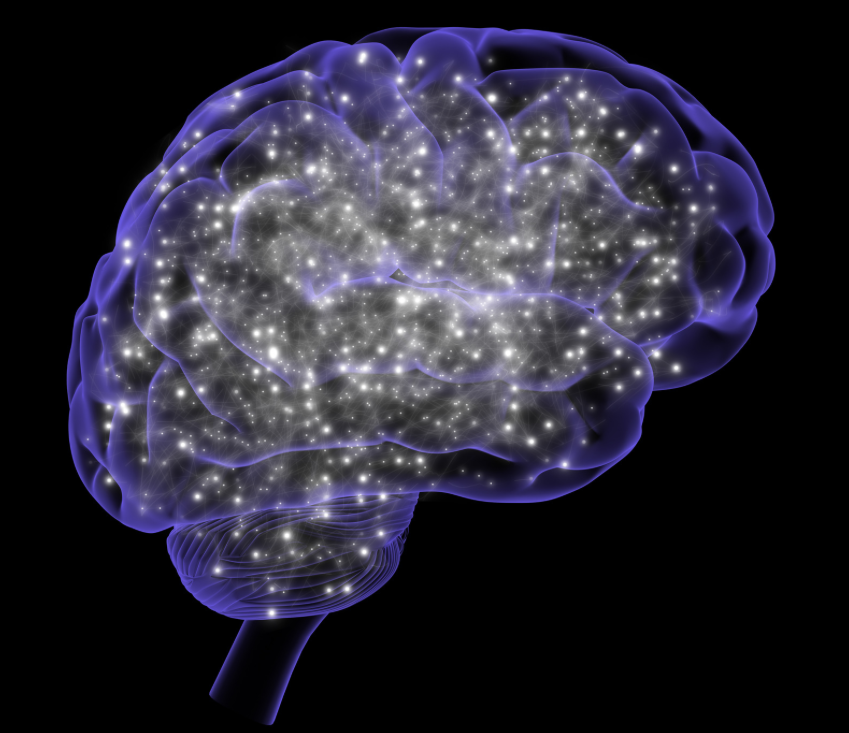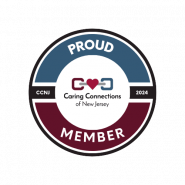Ketamine delivers ‘astounding’ results for depression, but government ‘road blocks’ make it unaffordable
Allan Kelly has suffered from chronic depression for nearly 60 years and has been diagnosed as “treatment-resistant.”
For the first time in his life, having tried every depression and suicidality treatment available, he finally found one that worked.
But to receive the “life-saving” ketamine treatment he pays a minimum of $800 a week and faces “government roadblocks” to receive ongoing care.
State and federal governments say more research is needed before ketamine can become a viable depression treatment, and it should remain under “heavy scrutiny”.
But professors who have spent a combined 30 years researching the treatment say it is delivering “astounding results” for depressed and suicidal patients and is safe when administered in a clinical setting by experienced professionals.
Getting results after 60 years
Mr Kelly is a devoted father, husband, former business owner, electrical engineer and football player.
He also has depression.
Mr Kelly has been living with the chronic illness since he was 14, while also battling anxiety and suicidal thoughts.
“There are different scales in psychiatry; one’s called the Montgomery Scale where zero to five means you’re really okay and then it goes up,” he said.
“I’ve sought the help of 14 psychiatrists, 10 psychologists, been in hospital twice — for 12 weeks and 8 weeks — had all the forms of pharmacology intervention.”
Mr. Kelly said he has tried multiple evidence-based therapies and procedures to treat his depression without success, including; electroconvulsive therapy (ECT), cognitive behaviour therapy (CBT), acceptance and commitment therapy (ACT), health retreats, hypnosis and transcranial magnetic stimulation (TMS).
“They’ve tried every drug known to man — nothing works for me,” he said.
That was until 2015 when the Black Dog Institute in New South Wales began trials using ketamine and, for the first time, Mr Kelly saw results.
“My wife said she hadn’t seen me so well in the 40 years we’ve been married.
“And so when the government allowed two-month ketamine intervention to assist people with depression I jumped at the chance.”
Strict government conditions
Mr. Kelly was approved to undergo ketamine treatment for his illness for two months and then six months. But now he must reapply and prove his case, illness and years of treatment all over again, every six months.
Mr Kelly says ketamine is only offered as an absolute last resort. “To get this treatment you need to prove that every other course of intervention has taken place; every form of pharmacology medicine, every trial,” he said.
“I just think it should be an earlier option. Why wait three, four or five years to go through all those other functions if ketamine could be first cab off the rank and treats you and avoid five years of anguish?
Treatment cost ‘prohibitive’
In addition to the difficulty in accessing the treatment, Mr Kelly said the costs were “prohibitive” with injections costing $285 each and no Medicare or private health fund assistance.
“So if this runs for six months it’ll be between $800 and $1,000 a week [for the injections and associated costs],” he said.
“People who are severely ill and can’t go to work or don’t have sickness benefits; they would never be able to afford it, so they’re going to be sick for the rest of their life.”
Ketamine delivering ‘astounding’ results
The Black Dog Institute’s Colleen Loo has been a clinical psychiatrist for over 20 years and has researched the effects of ketamine on patients with depression for over a decade. She said she had never seen anything like the results produced from ketamine treatment.
“I thought, ‘I don’t actually believe this’ because as a clinical psychologist, university researcher, academic and clinical psychiatrist, I have never seen this. You have to see it to believe it.”
She said the results were effective and fast.
“We had people who were highly treatment-resistant who could get well with ketamine,” Professor Loo said.
“The second astounding thing was how well they got and how quickly.
A treatment, not a cure
Professor Loo said the studies showed patients were only well while being treated, and therefore it was not a cure but could work as a treatment.
“People lapsed completely back into depression [post-treatment] … so this was very important insight in terms of looking after people and caring for them,” she said.
“The pitfalls that you have to be aware of when you’re using ketamine to treat depression [are that] things happen very quickly — both up and down — so you need to be very careful how you manage it.”
Professor Loo said the field had since moved to administer “a series of treatments” over several weeks, instead of a single dosage.
“It should only be done by psychiatrists with expertise and experience,” she said.
“If someone doesn’t know what they’re doing — how often to give it, and how to end it off — that’s when you might get people having a sudden relapse and then could feel suicidal.
Ketamine for chronic suicidality
Earlier this year on Queensland’s Sunshine Coast researchers at the Thompson Institute conducted a pilot study looking into ketamine treatment for chronically suicidal patients.
Institute director Jim Lagopoulos said the study, since published in the psychiatry journal Nature, looked at how oral doses of ketamine impacted 32 suicidal patients.
He said within six weeks over 60 per cent of the study’s participants experienced positive results.
“They went from a very high to a completely normal level [of suicidal ideation],” Professor Lagopoulos said.
Professor Lagopoulos, who has been studying ketamine for more than 20 years, said over half of the trial participants also recorded lasting effects four weeks after the treatment ended.
“Fifty per cent were still well, but that means some did start to feel unwell again,” he said.
“What that says to us is ketamine, in terms of chronic suicidality, is not a cure by any means, but [could be] a medication that can keep someone well while taking it.
“I think this particular study offers a lot of hope that chronic suicidality can be effectively managed and treated using ketamine.”
Too much risk, not enough evidence
According to NSW Health, there is “limited evidence to recommend ketamine as a viable treatment option” due to a lack of proof supporting its benefits and safety after multiple treatments.
Queensland Health said regulation of ketamine was primarily the responsibility of the Australian Government through the Therapeutic Goods Administration (TGA).
According to the federal Health Department, ketamine is not approved by the TGA for the treatment of depression — only as an anaesthetic and sedative.
The statement said there were “pathways” to access “unapproved treatments” for depression, like ketamine, including through clinical trials and “off-label use” if prescribed.
The statement said it would continue to scrutinise ketamine treatment as it had dissociative effects and had been used as a drug of abuse.
“While early trials in depression [using ketamine] are promising, they are still relatively new,” the statement said.



